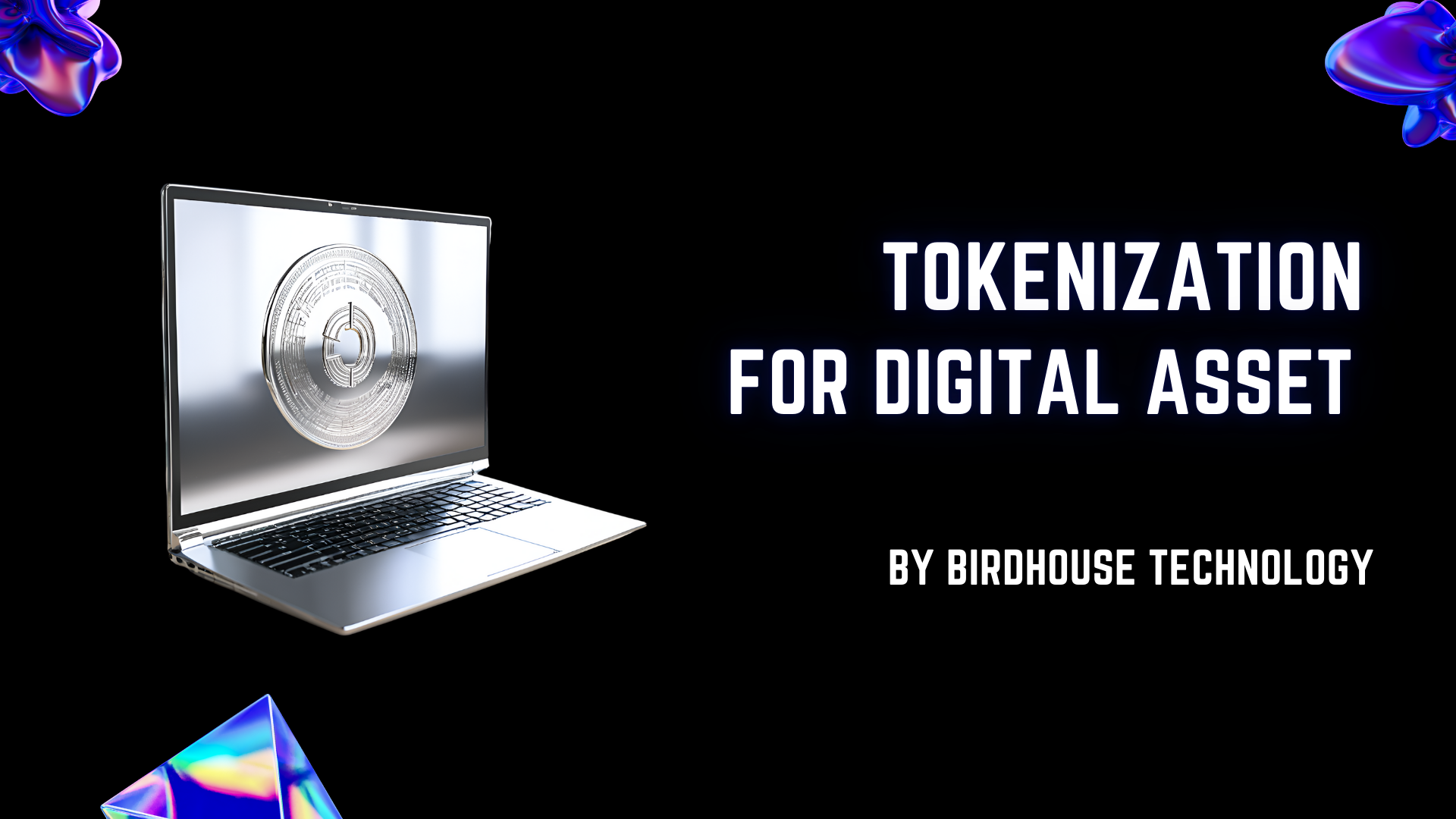In the ever-evolving digital landscape, tokenization is emerging as a transformative force in digital asset management. Tokenization, the process of converting ownership rights of an asset into a digital token on a blockchain, is reshaping how assets are managed, traded, and secured. This innovative approach offers numerous benefits, from enhanced security to improved liquidity, and is poised to revolutionize the digital asset ecosystem. Let’s delve into the impact of tokenization on digital asset management.
1. Enhanced Security
One of tokenisation’s most significant impacts is its enhanced security. Traditional asset management methods are often vulnerable to fraud, theft, and cyberattacks. Tokenization leverages blockchain technology’s inherent security features, such as cryptographic encryption, immutability, and decentralized storage, to safeguard digital assets. By storing tokenized assets on a blockchain, businesses can ensure that their assets are protected against tampering and unauthorized access.
2. Improved Liquidity
Tokenization has the potential to drastically improve the liquidity of traditionally illiquid assets, such as real estate, fine art, and private equity. By breaking these assets into smaller, tradable digital tokens, tokenization enables fractional ownership and easier trading on secondary markets. This democratizes access to high-value assets, allowing a broader range of investors to participate and providing greater flexibility in asset management.
3. Reduced Transaction Costs
Tokenization streamlines the asset management process by eliminating the need for intermediaries such as brokers, banks, and legal advisors. Direct peer-to-peer transactions on a blockchain reduce transaction costs and minimize delays. This efficiency not only makes asset management more cost-effective but also accelerates the process, benefiting both asset owners and investors.
4. Increased Transparency and Traceability
Blockchain technology provides an immutable ledger where all transactions are recorded transparently and permanently. This transparency and traceability are crucial in digital asset management, as they ensure that the ownership and transaction history of tokenized assets are easily verifiable. This increased transparency builds trust among investors and stakeholders, enhancing the overall integrity of the asset management process.
5. Global Accessibility
Tokenization breaks down geographical barriers, allowing investors from around the world to participate in the market for tokenized assets. This global accessibility opens up new investment opportunities and enables businesses to tap into a wider pool of potential investors. By providing a standardized and transparent framework for asset management, tokenization fosters a more inclusive and accessible financial ecosystem.
6. Automation with Smart Contracts
Smart contracts, self-executing agreements with terms directly written into code, play a pivotal role in tokenization. They automate various processes, such as dividend distribution, voting rights, and regulatory compliance, reducing the need for manual intervention and minimizing the risk of human error. This automation makes asset management more efficient, reliable, and secure.
7. Innovation and New Financial Products
Tokenization paves the way for innovative business models and financial products. For example, security tokens represent ownership of a real-world asset and provide investors with rights such as dividends or profit-sharing. Utility tokens grant access to a company’s products or services, creating new ways for businesses to raise capital and engage with customers. Additionally, tokenization can facilitate the creation of decentralized finance (DeFi) platforms, enabling peer-to-peer lending, borrowing, and trading without traditional intermediaries.
Conclusion
Tokenization is set to have a profound impact on digital asset management, offering enhanced security, improved liquidity, reduced transaction costs, increased transparency, global accessibility, and automation with smart contracts. As businesses and investors continue to explore and adopt tokenization, we can expect to see a more efficient, inclusive, and dynamic financial ecosystem emerge. What are your thoughts on the future of digital assets? Find out more at birdhouse.technology
